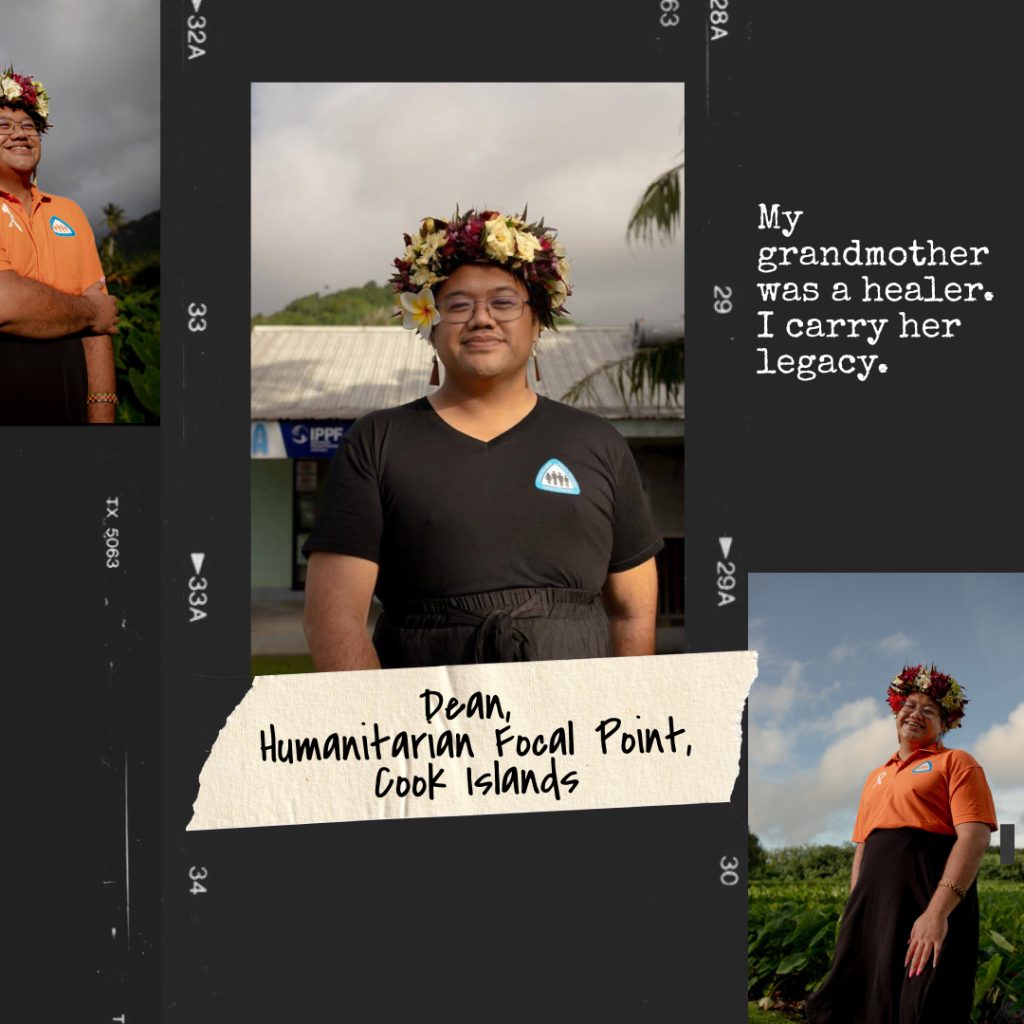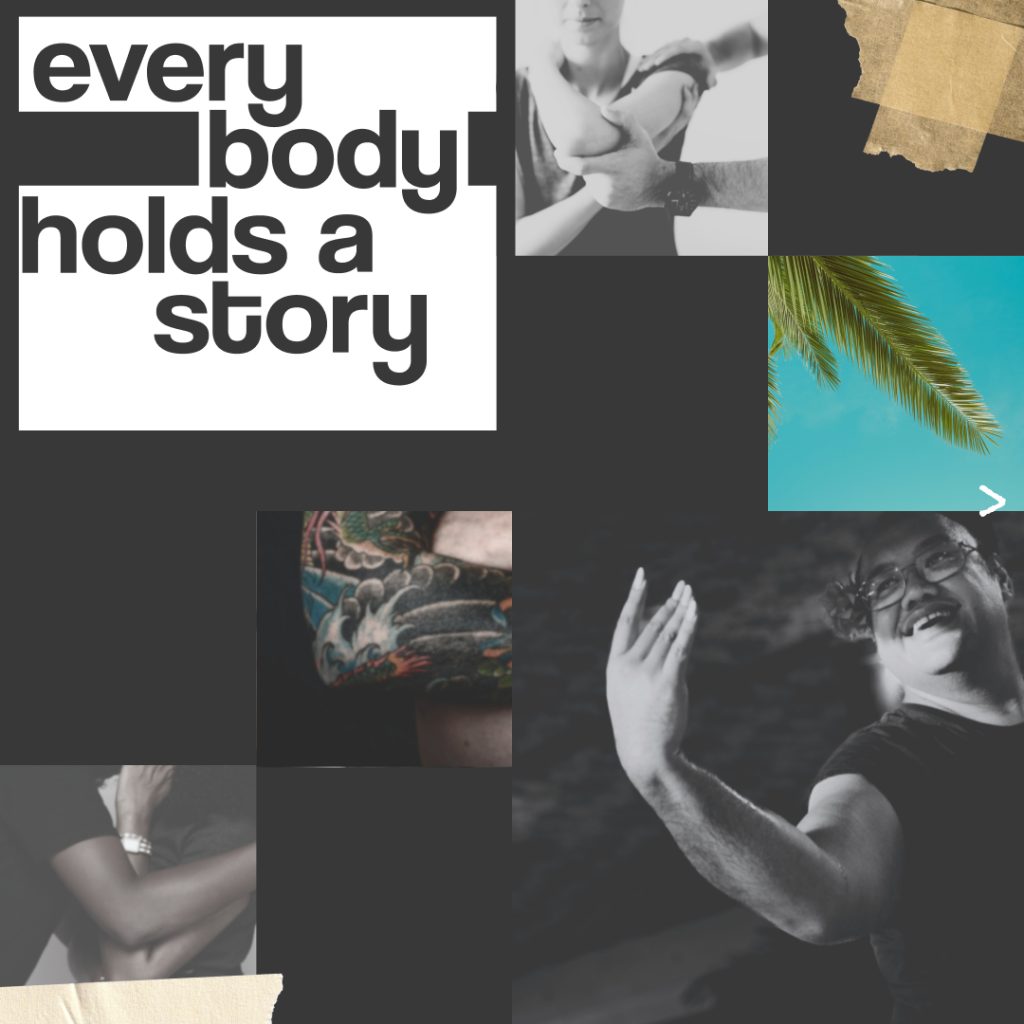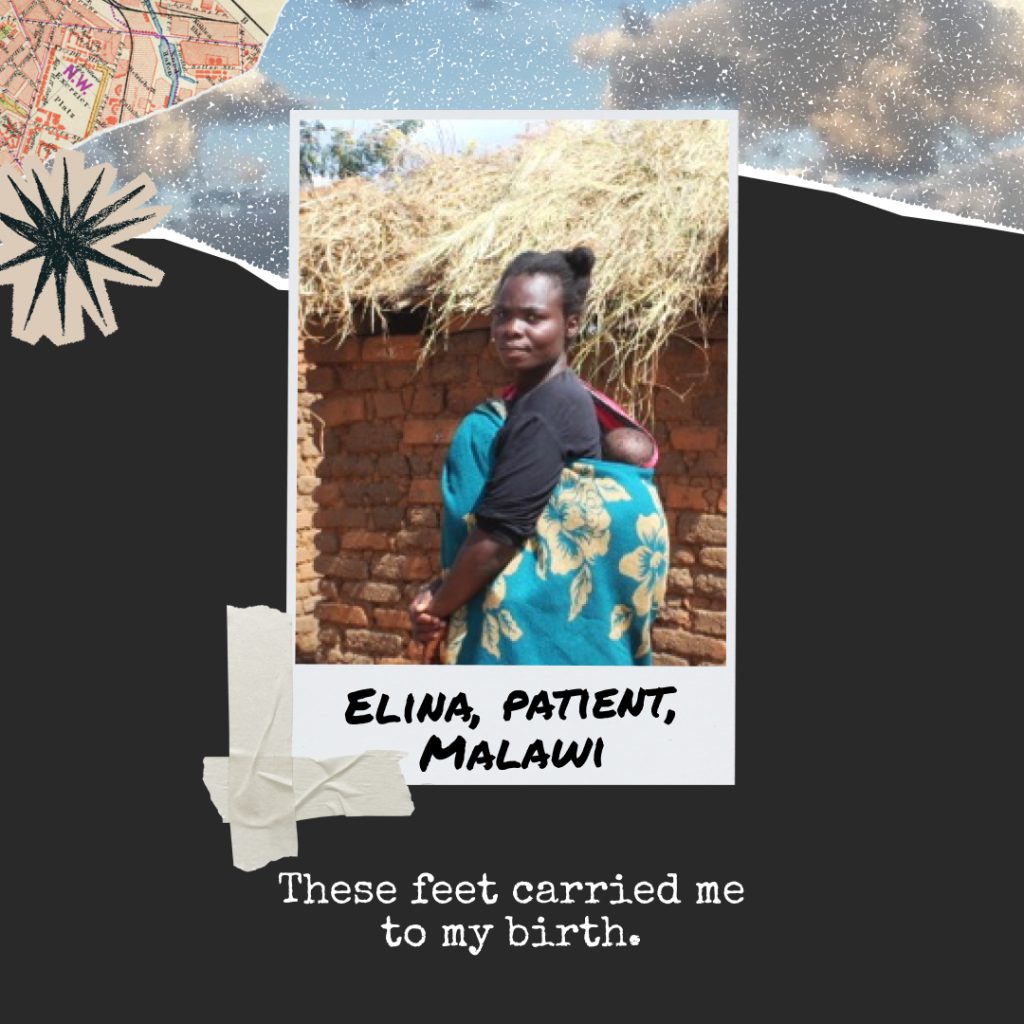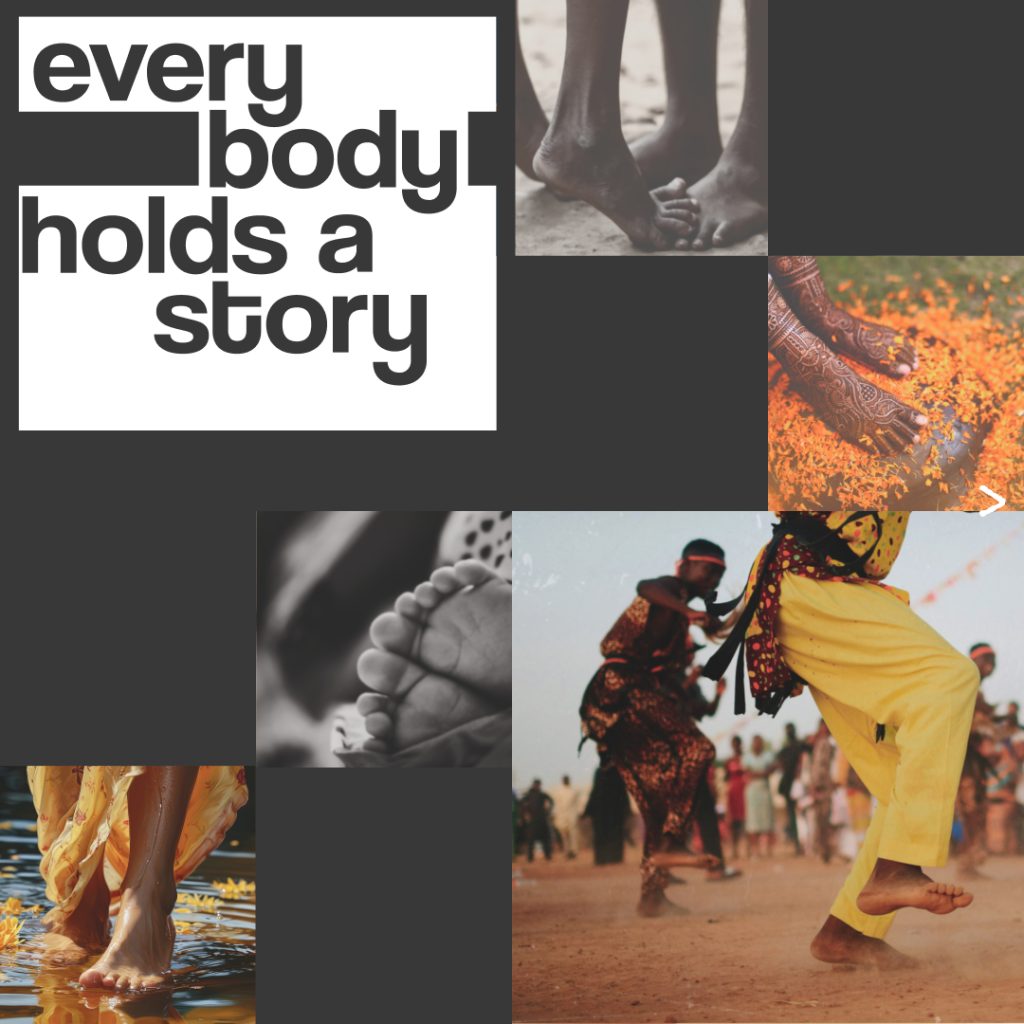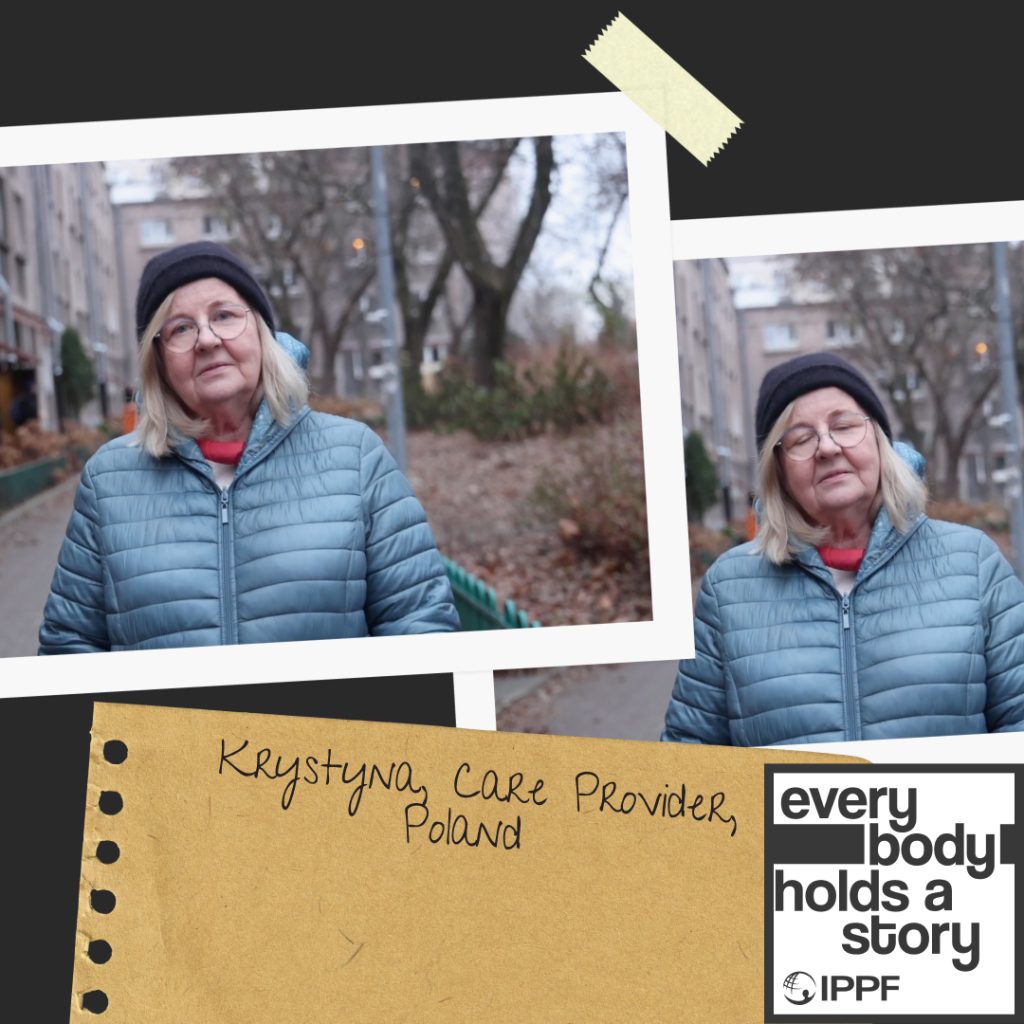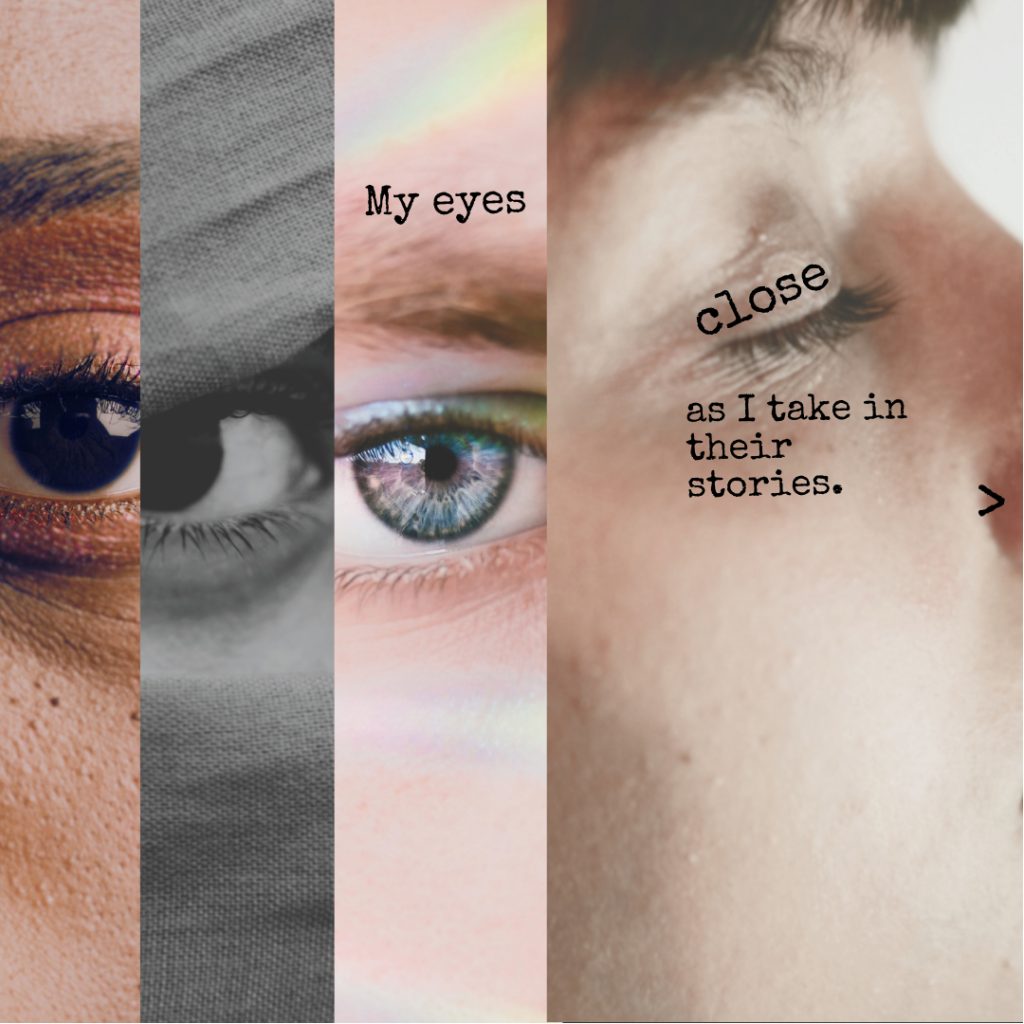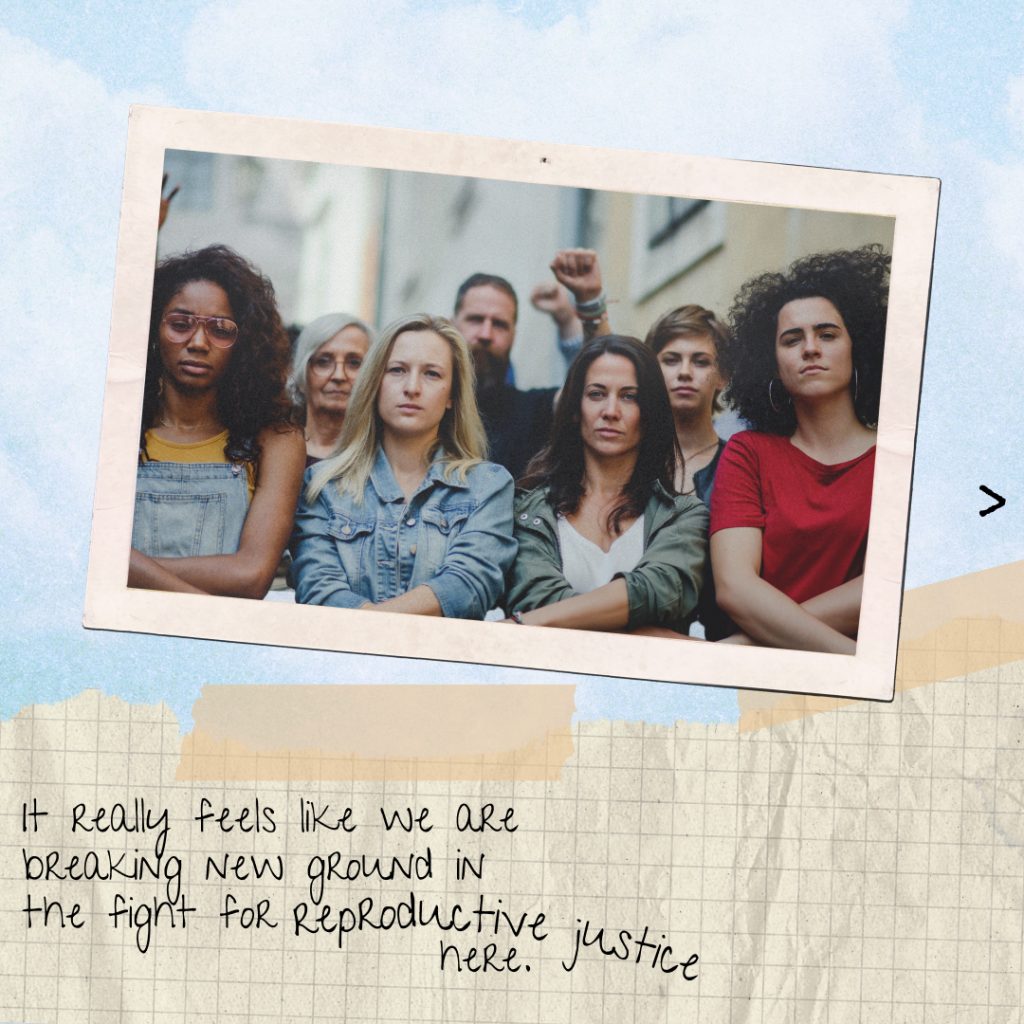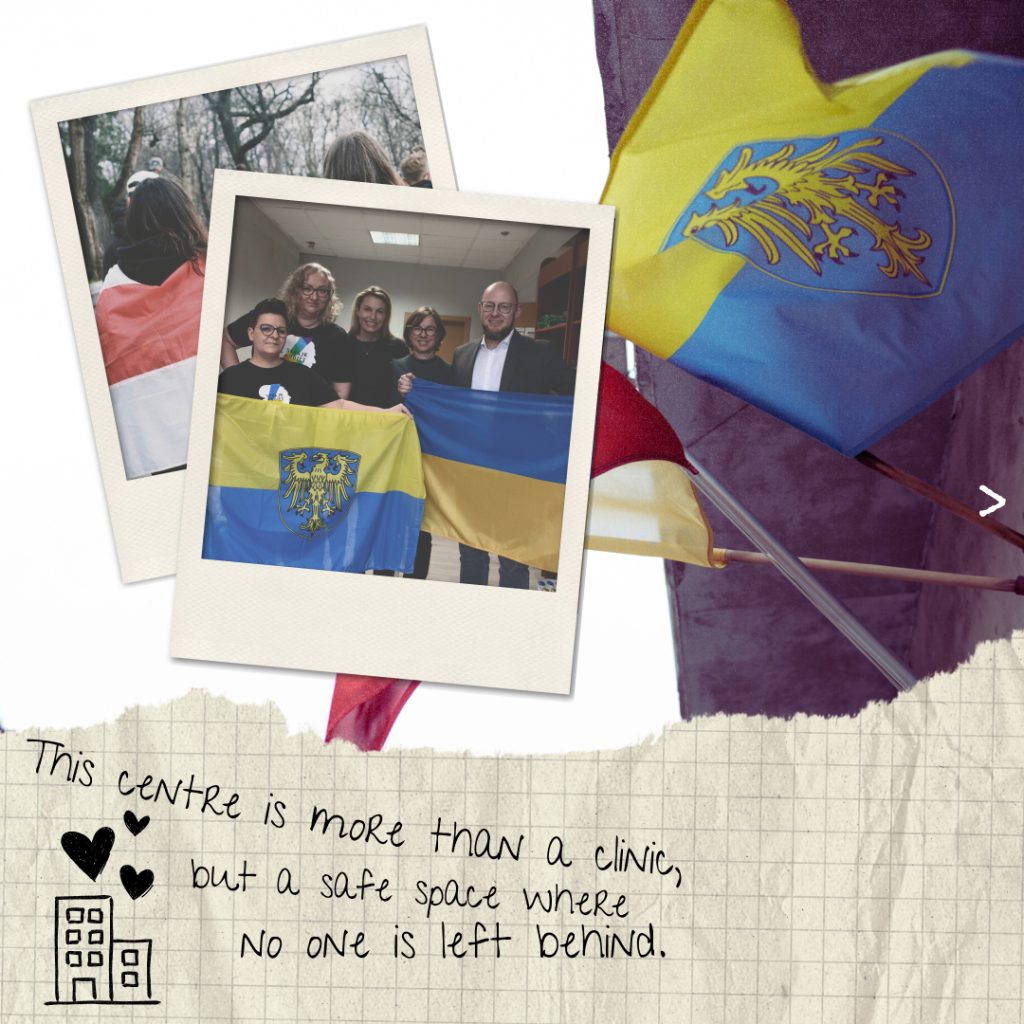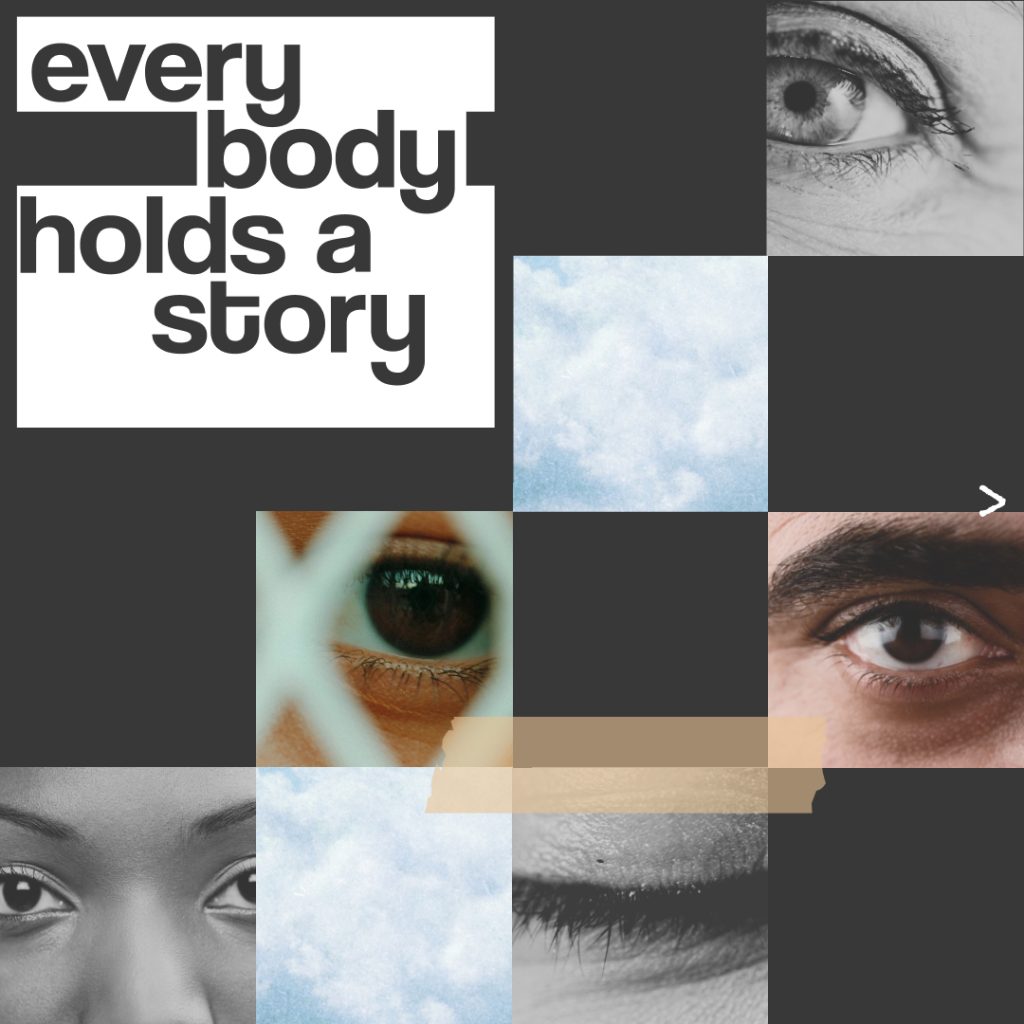
We Are The Outspoken Majority
Right-wing movements may be gaining ground around the world, but we remain the greater force. We are The Outspoken Majority—the 60% worldwide who support abortion—and it’s time we joined together to break our silence and get outspoken about our rights.
This is our playbook: a living resource of winning tactics and strategies shared by members of The Outspoken Majority across the globe.
Access it. Study it. Use it to take action in your community—in lockstep with the 60% worldwide—to ignite unstoppable global power. Repeat.
This is our playbook: a living resource of winning tactics and strategies shared by members of The Outspoken Majority across the globe.
Access it. Study it. Use it to take action in your community—in lockstep with the 60% worldwide—to ignite unstoppable global power. Repeat.
Don’t just follow the movement–move with it.
Get updates when new strategies drop in The Playbook, so you're always ready to take action with The Outspoken Majority.
The Outspoken Majority Playbook >
Across the world, right-wing movements and authoritarian regimes are following the same playbook: silence dissent, divide communities, and roll back our rights. They’re strategic, coordinated, and relentless.
But we’ve seen it before. And we have a playbook of our own.
It’s full of what works—and what wins.
The Outspoken Majority Playbook > is our global action plan to protect what’s ours, push our freedoms forward, and do it together. Our goal: Not just holding the line, but pushing it forward.
But we’ve seen it before. And we have a playbook of our own.
It’s full of what works—and what wins.
The Outspoken Majority Playbook > is our global action plan to protect what’s ours, push our freedoms forward, and do it together. Our goal: Not just holding the line, but pushing it forward.
WE ARE  THEIR PLAYBOOK
WE ARE
THEIR PLAYBOOK
WE ARE  THEIR FEAR
WE ARE
THEIR FEAR
WE ARE  THEIR DIVISION
WE ARE
THEIR DIVISION
WE ARE  THEIR PLAYBOOK
WE ARE
THEIR PLAYBOOK
WE ARE  THEIR FEAR
WE ARE
THEIR FEAR
WE ARE  THEIR DIVISION
THEIR DIVISION
 THEIR PLAYBOOK
WE ARE
THEIR PLAYBOOK
WE ARE  THEIR FEAR
WE ARE
THEIR FEAR
WE ARE  THEIR DIVISION
WE ARE
THEIR DIVISION
WE ARE  THEIR PLAYBOOK
WE ARE
THEIR PLAYBOOK
WE ARE  THEIR FEAR
WE ARE
THEIR FEAR
WE ARE  THEIR DIVISION
THEIR DIVISION
About The Outspoken Majority >
We are the 60% worldwide who support abortion. We are the many. The ones right-wing movement leaders and followers are afraid of, whom they try to silence or erase. But we are louder. We are bolder. We are the greater force.
The Outspoken Majority is a global movement of people fighting for bodily autonomy, healthcare, dignity, and justice—everywhere, for everyone.
We’re not here to stay quiet, we’re here to be outspoken.
We’re here to be counted.

